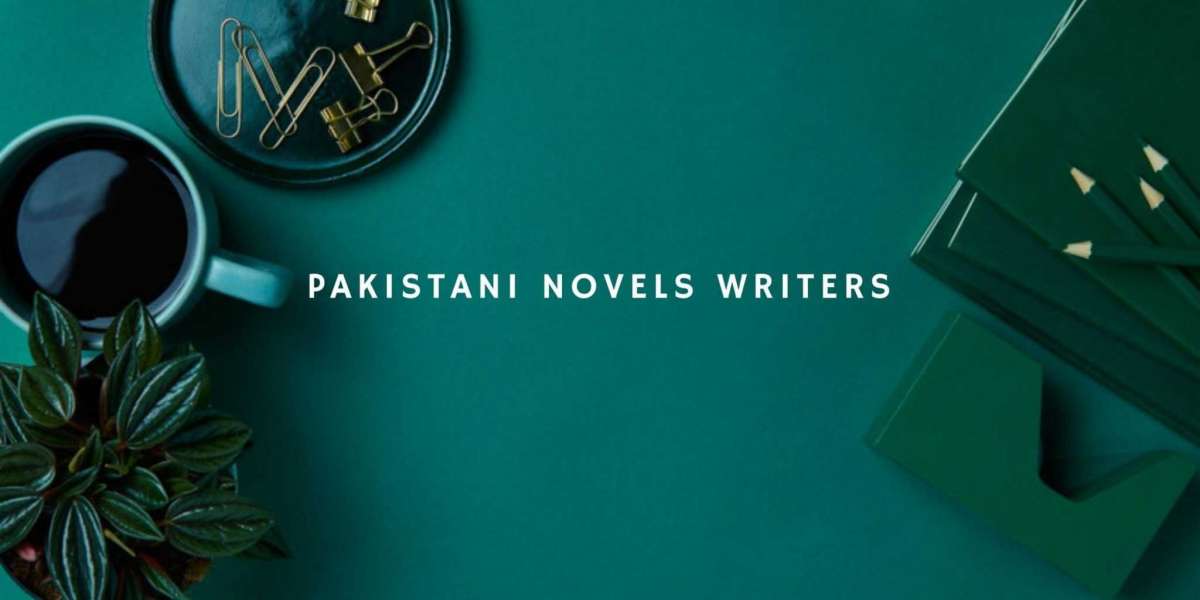Here are some of the best fiction books about a nation set to turn 70 this year.
Moth Smoke by Mohsin Hamid
Mohsin Hamid is the author of four novels — Moth Smoke, The Reluctant Fundamentalist, How to Get Filthy Rich in Rising Asia, and Exit West — and a book of essays, Discontent and Its Civilizations. His writing has been translated into forty languages.
Born in Lahore, he has spent about half his life there and much of the rest in London, New York, and California.
Hamid’s first novel, Moth Smoke, told the story of a marijuana-smoking ex-banker in post-nuclear-test Lahore who falls in love with his best friend’s wife and becomes a heroin addict.
In Other Rooms, Other Wonders by Daniyal Mueenuddin
A major literary debut that explores class, culture, power, and desire among the ruling and servant classes of Pakistan.
In the spirit of Joyce’s Dubliners and Turgenev’s A Sportsman’s Sketches, Daniyal Mueenuddin’s collection of linked stories illuminates a place and a people through an examination of the entwined lives of landowners and their retainers on the Gurmani family farm in the countryside outside of Lahore, Pakistan. An aging feudal landlord’s household staff, the villagers who depend on his favor, and a network of relations near and far who have sought their fortune in the cities confront the advantages and constraints of station, the dissolution of old ways, and the shock of change.
A Case of Exploding Mangoes by Mohammed Hanif
Intrigue and subterfuge combine with bad luck and good in this darkly comic debut about love, betrayal, tyranny, family, and a conspiracy trying its damnedest to happen.
Ali Shigri, Pakistan Air Force pilot and Silent Drill Commander of the Fury Squadron, is on a mission to avenge his father’s suspicious death, which the government calls a suicide. Ali’s target is none other than General Zia ul-Haq, dictator of Pakistan. Enlisting a rag-tag group of conspirators, including his cologne-bathed roommate, a hash-smoking American lieutenant, and a mango-besotted crow, Ali sets his elaborate plan in motion. There’s only one problem: the line of would-be Zia assassins is longer than he could have possibly known.
The Crow Eaters by Bapsi Sidhwa
At the dawn of the 20th century in Pakistan, Freddy Junglewalla moves his family — pregnant wife, baby daughter, and Jerbanoo, his rotund mother-in-law — from their ancestral forest home to cosmopolitan Lahore. He opens a store, and as his fortunes grow, so does the animosity between Freddy and his mother-in-law. While Freddy prospers under British rule, life with the domineering Jerbanoo is another matter entirely. This exuberant novel, full of rollicking humor, paints a vivid picture of life in the Parsee community.
Shame by Salman Rushdie
Sandwiched between his two most famous books, Midnight’s Children and The Satanic Verses, Shame is a neglected gem. Depicting a country that Rushdie says “is and is not Pakistan”, it charts the fateful clash between its democratically elected leader and his obsequious, pious general and eventual hangman. It is an astute, gleeful, political tale in which Rushdie dazzles with his prodigious gift for satire.
Mottled Dawn By Saadat Hasan Manto
This is a collection of Saadat Hasan Mantos most powerful pieces on the Partition of the subcontinent into India and Pakistan in 1947. The book includes unforgettable stories like “Toba Tek Singh”, “The Return”, “The Assignment”, “Colder Than Ice” and many more, bringing alive the most tragic event in the history of the Indian subcontinent.
The Wandering Falcon by Jamil Ahmed
The eponymous “falcon” is Tor Baz, the love child of a chieftain’s daughter and her father’s servant, who witnesses the brutal murder of his parents for daring to infringe tribal laws. Set in the region that forms the border between Afghanistan and Pakistan – today’s “Af-Pak”, in US state department speak – these interconnected stories chart the uncompromising code of honour that shape the lives of the tribes who have inhabited this harsh land for centuries. Once a civil servant, Ahmed served here for in the 1950s and his spare, unsentimental stories have the unmistakable ring of truth.








